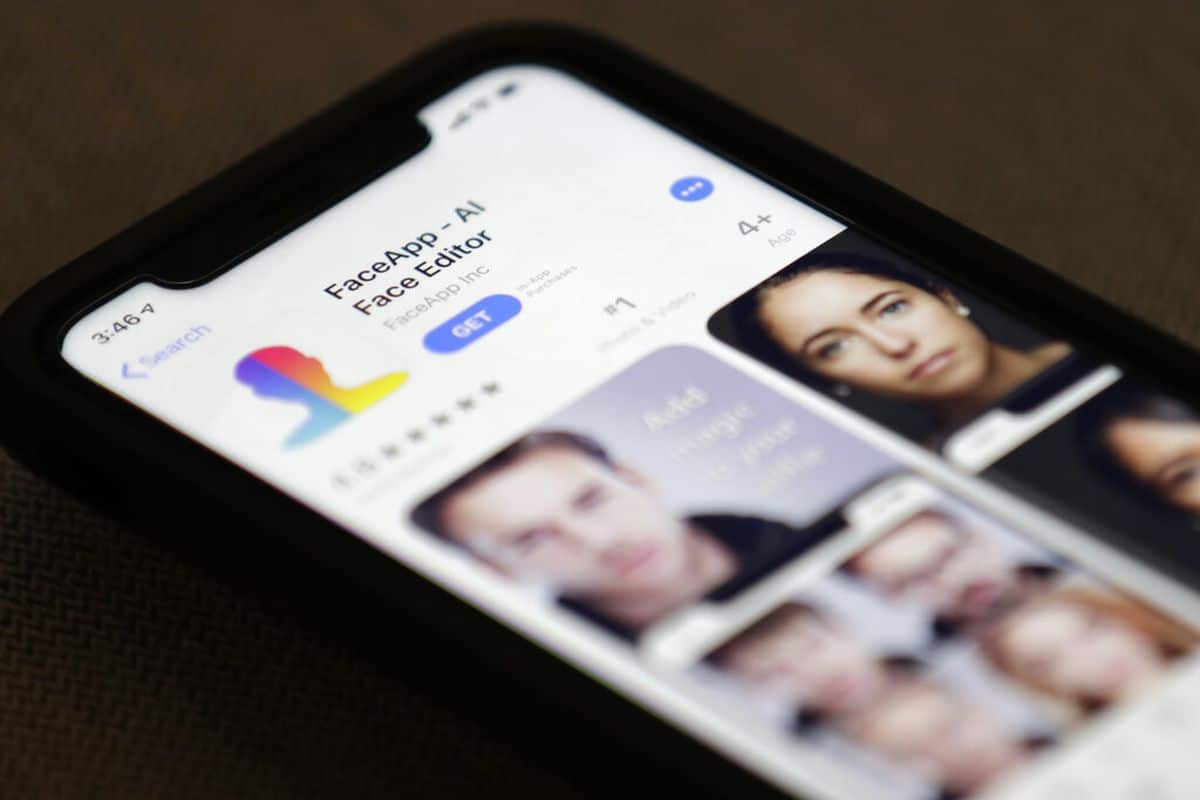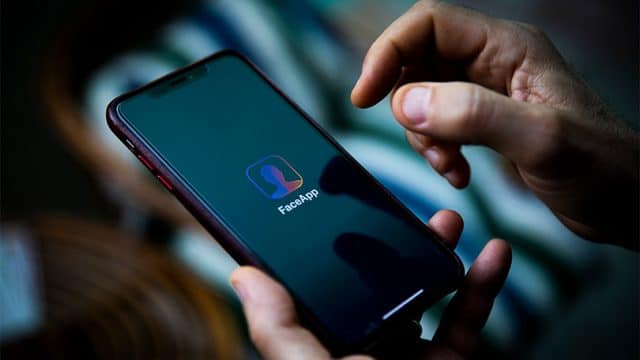Just over a week ago, the FaceApp application shot to the top of both Apple and Google store charts after millions of users downloaded it to ‘age’ themselves as part of what became a global challenge.
Although the application itself has been around since 2017, panic ensued shortly after it went viral, thanks to a tweet from a developer warning that the Russian-made app could be taking all the photos stored on your phone and uploading them to its servers without obtaining the necessary permission from the user. The burning question on everyone’s mind now is whether their personal data was indeed compromised by the app, or whether it was simple fear-mongering at its best.
IMAGE: PIXABAY
FaceApp Feeds A Desire To Be Noticed
FaceApp is a mobile application developed by Wireless Lab for both Android and Apple devices. The app makes use of AI to generate extremely realistic transformations of faces in photos. For many social media users, uploading a photo of an ‘older self’ garnered more activity on their timeline than they’d ever enjoyed before.
As the ‘likes’ and comments rolled in across various social media platforms, it became apparent that the team at Social Media Daily was correct when they stated that, with the development of social media, countless possibilities have arisen in the marketing field.
This notion was echoed by many brands, such as Hotstar Premium and SportsWallah, who jumped upon the trend and used FaceApp for their own marketing purposes. Unfortunately, a fleeting increase in popularity was not enough to disperse the concerns relating to the privacy breaches associated with the app.
What Data Really Gets Collected By FacAapp?
According to the CEO of FaceApp, Yaroslav Goncharov, the app uploads and processes photos in the cloud. He further stated in an interview with The Denver Post that the app only uploads the photo you select and not your entire gallery, as some individuals are assuming. He specified that you can also use the application without providing your name and email address, and reiterated that this is, in fact, how 99% of users access the application.
Beware Of Fake FaceApp Applications
While the privacy risk associated with using the official FaceApp application will remain debatable, there seems to be a bigger concern for app users. Researchers at multinational cybersecurity and anti-virus provider, Kaspersky have come across a number of FaceApp imposters that can install malware on a phone when downloaded.
Igor Golovin, one of the researchers at Kaspersky, noted that the fake applications infect devices with an adware module known as MobiDash. Although it has become common knowledge to refrain from downloading applications from unknown sources, users need to be extra vigilant in coming weeks, as a number of copycat apps have already been spotted on both the Apple and Android app stores.
Always stick to basic security protocol when downloading applications, and consider installing additional security software to keep your device and your personal data as safe as possible. FaceApp is not the first mobile app to be linked to severe privacy concerns, and it definitely won’t be the last. As long as users stick to downloading the official application, they should be able to enjoy aging themselves and others without fearing any privacy breaches.
If you are interested in even more app-related articles and information from us here at Bit Rebels, then we have a lot to choose from.


COMMENTS